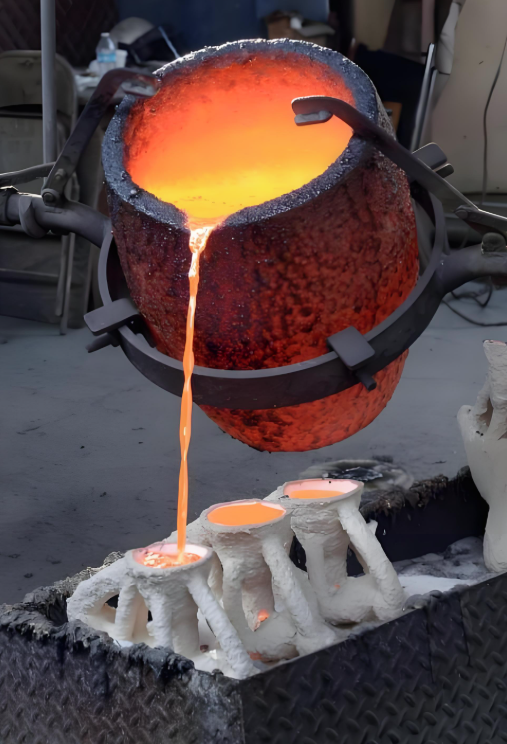Cast exhaust pipes, typically made from cast iron, offer several advantages depending on the application.
- Durability & Strength
- Cast exhaust pipes are highly resistant to cracks, impacts, and thermal stress, making them ideal for heavy-duty or high-temperature environments.
- Better suited for applications where vibration resistance is needed (e.g., industrial machinery, certain automotive uses).
- Heat Resistance
- Cast iron and some cast alloys dissipate heat more effectively than thin-walled steel pipes, reducing the risk of warping.
- Can handle higher exhaust gas temperatures without degrading quickly.
- Corrosion Resistance
- Certain cast materials (like cast stainless steel or nickel alloys) offer better corrosion resistance compared to mild steel, especially in harsh environments (marine, off-road, or high-moisture conditions).
- Customization & Complex Shapes
- Casting allows for intricate designs that might be difficult with welded or bent tubing.
- Ideal for manifolds or integrated exhaust components where precise geometry is needed.
Cast exhaust pipes are best for durability, heat management, and specialized applications where strength matters more than weight. For lightweight or high-performance vehicles, stainless steel or titanium might be preferred instead.

